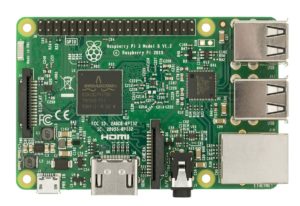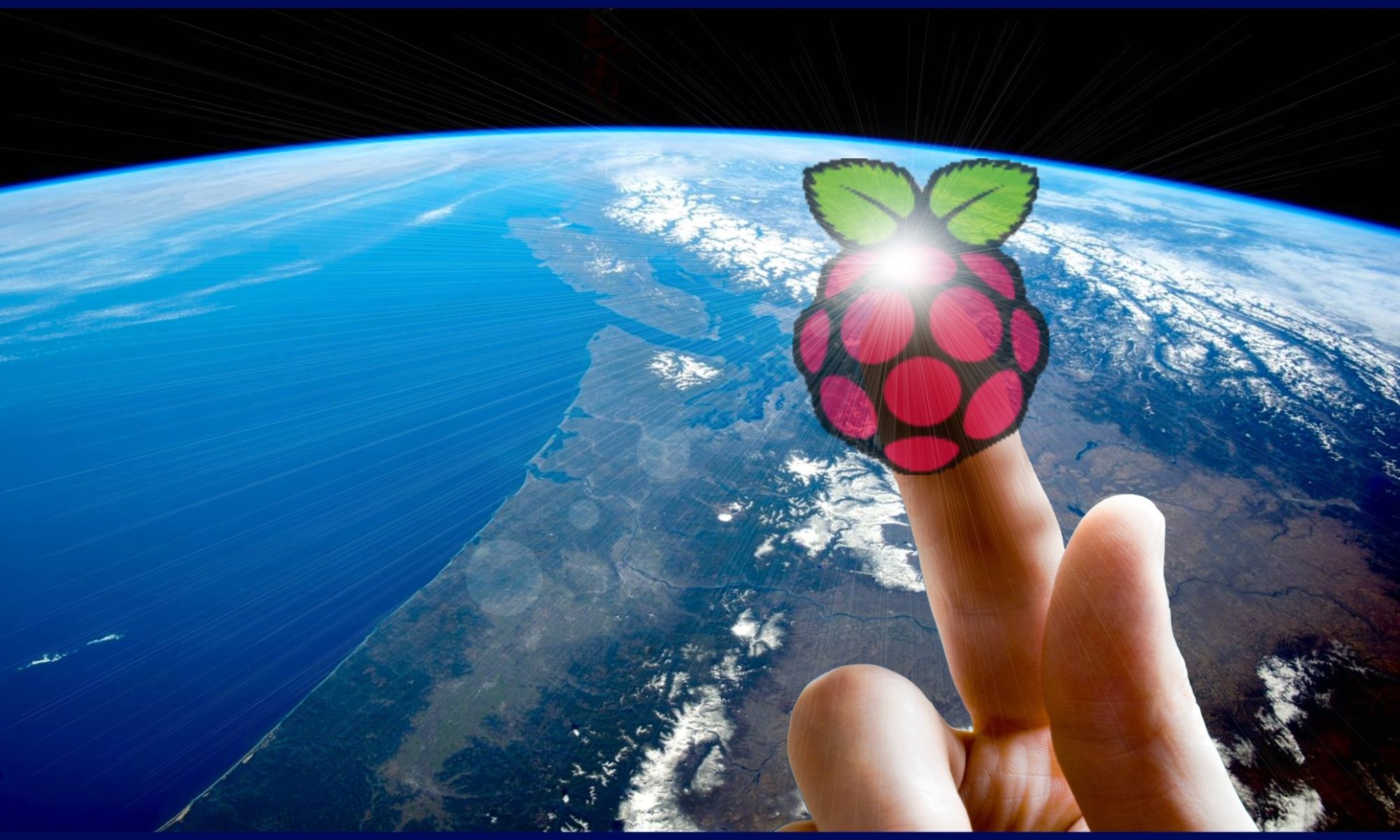
Pi Camp 2017
@ Q Academy
July 24 – 28 or Aug 8 – 11
$475
-
What is the Raspberry Pi
The Raspberry Pi is a £25/$35 US computer that was originally created to help solve the issue of a decline in the computing skills of children in the UK. It has since been re-purposed by an eager community of hackers and makers and can be found powering projects around the world and in space, including commercial and industrial. In the past 5 years, more than 11 million have been sold worldwide.
-
Computation Thinking
The goal of Pi Camp, taught instructors from Victoria PiMakers, is to help teens learn about computers, to help them participate in shaping a digital world. It is a great introductory course for kids who are interested in computers.
Computational thinking is at the heart of the learning. It covers a broad range of knowledge and skills including, but not limited to:
- Logical reasoning – moving from a step to the next logically related step.
- Algorithmic thinking – thinking in discrete steps that describe a computational problem that we wish to solve.
- Pattern recognition – seeing and understanding the patterns that occur in a computational problem that we wish to solve.
- Abstraction – taking specific events and relating them to an idea that describes all the specific events.
- Decomposition – breaking a (computational) problem into small steps.
- Debugging – determining why a computer program is not working and resolving the problems.
- Problem-solving – finding solutions to complex problems
-
Pi Camp Learning Outcomes
We will cover an introduction to:
- Hardware – what is a computer
- System on chip
- Connectors, types, uses
- GPIO (General Purpose Input Output)
- Basic electrical circuits
- Operating Systems – The foundation of computer software
- Linux a different OS
- Graphical User Interface
- Command Line Interface
- Programming – making the computer do what we want:
- Programming languages, such as Python
The result, after completion of this camp the student will:
- Have a basic understanding of computational thinking
- Understand the basics of computer hardware
- Be able to design and build simple electrical circuits
- Know that there are different operating systems and compare the differences
- Be able to use the Linux operating system
- Be able to create and debug simple computer programs
